This time I went with my two children. The older one graduated from the university of social sciences and humanities, has a stable job, and the younger one just got an ASEAN scholarship from Singapore, and flew there to study in November. Visiting Cu Chi tunnels this time, I hope my children will have a new perspective on their homeland, a country once heavily devastated by war, and understand that today's free and happy life was bought with the blood of heroic martyrs, including compatriots who fought bravely and died on this heroic land. The children have grown up and through the experience of the trip, they have formed their own outlook on life and way of life in the future to be worthy of those heroic sacrifices.
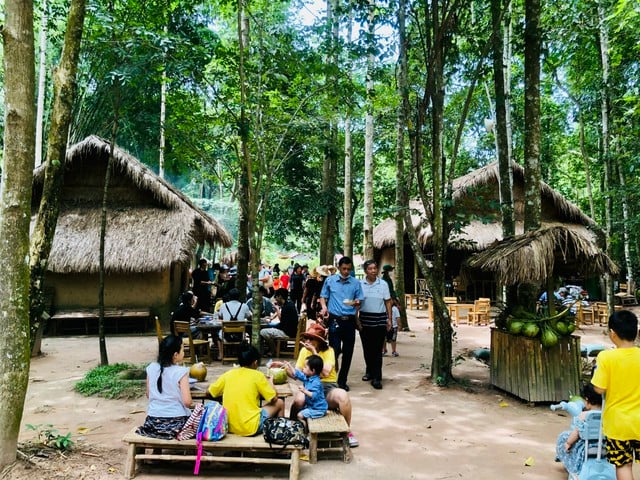
Visiting Cu Chi tunnels is an opportunity to review the heroic historical culture of our ancestors.
The Cu Chi Tunnels relic site is located northwest of Ho Chi Minh City, about 70 km away on Provincial Road 15, in Phu Hiep Hamlet, Phu My Hung Commune, Cu Chi District. Our car sped along National Highway 22 through the vast rubber forests filled with the sound of cicadas in the sunny days of May. The tunnels were built by the people and soldiers of Tan Phu Trung and Phuoc Vinh An communes during the anti-French period to serve the country's long-term resistance. Outside the tunnels, there were many spike pits and minefields to prevent enemy sweeps to protect the safety of the revolutionary base area.
During the anti-American resistance war, the war expanded, the tunnels were reinforced and expanded. The total length of the tunnels was up to 250 km. There were 3 different depths of the basement, the deepest level was 12 m below the ground, the levels were connected together into a continuous system, there was even a ventilation system that was discreetly camouflaged in the roots of bushes. The tunnels had 2 locations: Ben Duoc tunnel, this place was the base of the Saigon - Gia Dinh Military Region Party Committee preserved in Phu Hiep hamlet, Phu My Hung commune and Ben Dinh tunnel, the base of the Cu Chi District Party Committee preserved in Ben Dinh, Nhuan Duc commune.
What made my mother and I interested was that the tour guides in the reserve were dressed like during the war: men in liberation uniforms and floppy hats, women in black ao ba ba and scarves, all wearing rubber sandals. They were present in necessary places to make visitors feel like they were living in the time of Cu Chi fighting the enemy. A plate of boiled cassava, a bowl of sesame salt, a small glass of clear wine offered sincerely was enough to make visitors feel close and affectionate because of their hospitality.
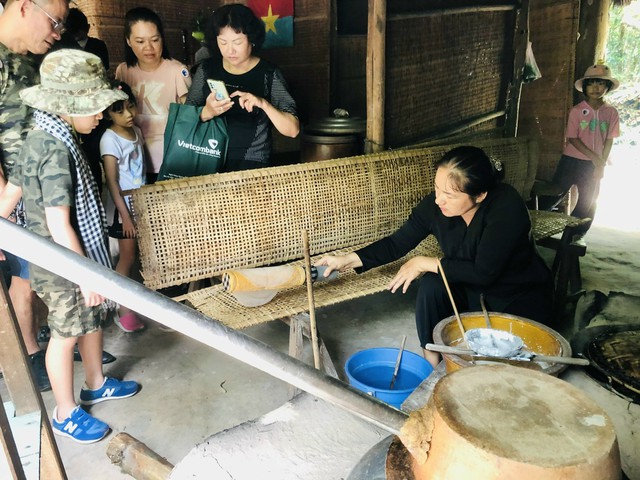
Tourists watch a performance of traditional rice paper making by Cu Chi people.
We listened attentively to the tour guide standing in front of the map explaining the tunnels. Under the tunnels were arranged the essential tunnels for long-term fighting such as: meeting room, dining room connected to Hoang Cam kitchen to hide smoke - not to be detected by enemy planes, tunnel for treating wounded soldiers, tunnel for storing food and weapons for long-term use.
Along the tunnel, soldiers built thousands of mounds and fighting nests connected to the above-ground trenches, A-shaped bomb shelters to prevent the tunnel from collapsing when attacked by large bombs... When visiting a tunnel, my two children were curious about what was underneath so they asked my permission to go down and try it. I told them to be careful because the tunnels were very narrow and had to bend down because of the low ceiling and lack of air. If they felt something was wrong, they should look for the nearest passage leading to the surface and follow the stairs.
Leaving the tunnel, we followed the tour group to Ben Duoc Martyrs Memorial Temple, where we could see the entrance gate, the stele house, the nine-story tower and the main temple with traditional architecture in harmony with nature. The temple is a place to commemorate the martyrs who sacrificed their lives. The temple records the full names of 44,375 martyrs who sacrificed their lives on the Saigon - Cho Lon - Gia Dinh battlefield during the resistance wars to liberate the Fatherland and fulfill international obligations. We burned incense in memory with respect. In front of the temple is engraved an epitaph by poet Vien Phuong, the famous poet with the poem Visiting Uncle Ho's Mausoleum that everyone knows, expressing the gratitude of those who are still alive:
" … Red blood radiates the fragrance of righteousness
Talented people make a sacred land
Great country because of heroic people
Great people because of patriotism
The living miss the dead.
Carved stone to make a stele erected between heaven and earth
The heroes shine like a thousand stars
Forever shines in people's hearts"
The war has been over for nearly half a century, but the heroic years still resonate in the hearts of those who visit the Cu Chi tunnels, known as "The Land of Steel and Copper" and recognized by the state as a special national monument.
Cu Chi Tunnels, a name that has become legendary, bearing the historical mark and glorious feats of arms of the people of Saigon - Gia Dinh during the resistance wars, has now become an ideal place for everyone to "return to their roots". On the way back, I suddenly remembered the poem "Returning to Cu Chi" by poet Do Xuan Thu during one of his visits:
"... Let's go back to Ben Duoc, okay?"
Find in the quiet lullaby
Eternal souls of martyrs
The incense sticks burn red, haunting the soul.
The Iron Triangle of the Times
Rain of bombs and bullets still shines with faith
The land shelters, the land preserves
Several underground floors, thousands of feats of arms..."
The rustling of the forest leaves seemed to say goodbye to us as the car started to roll.

Source link


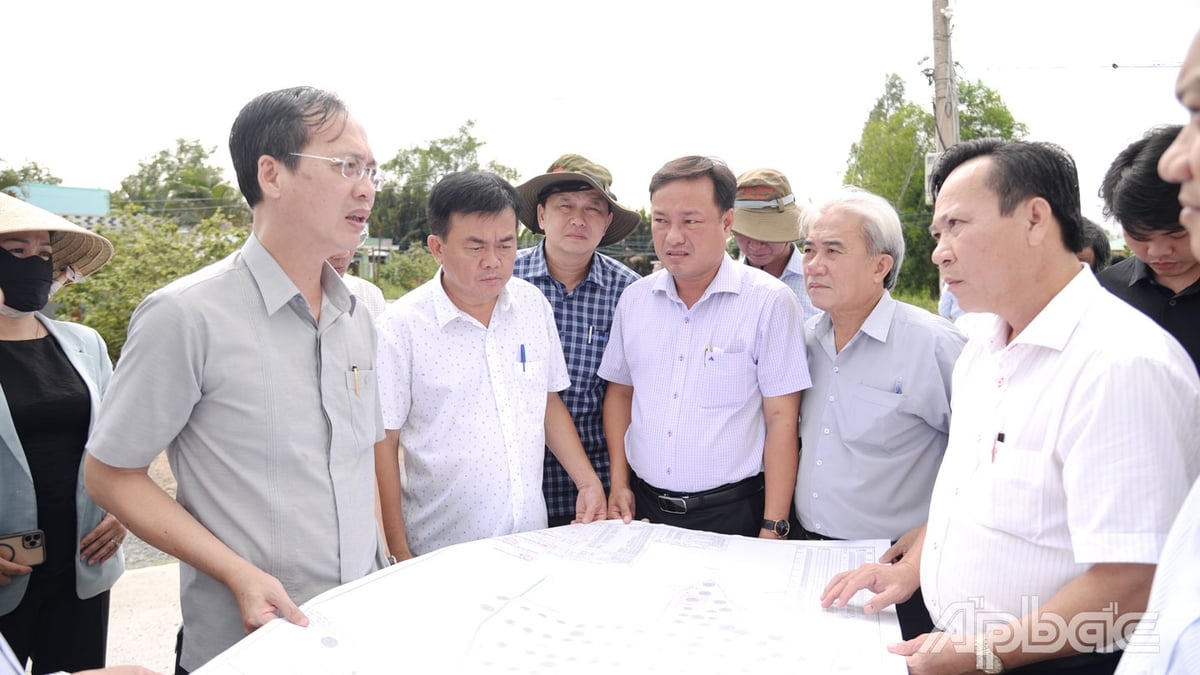

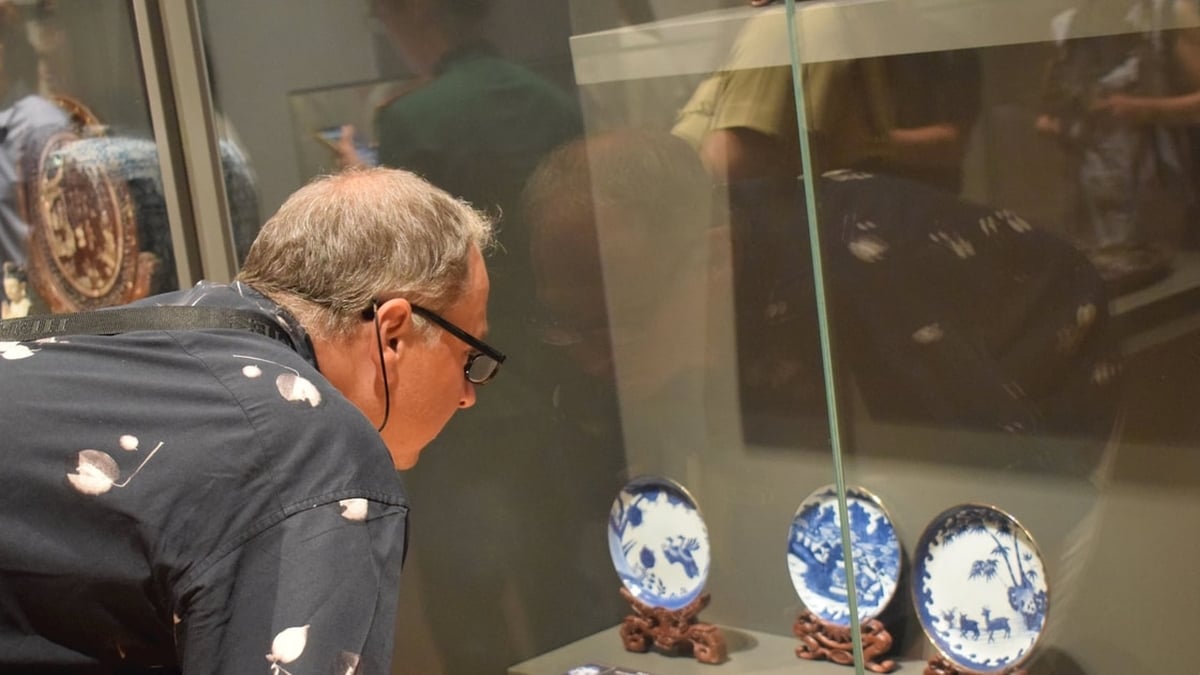
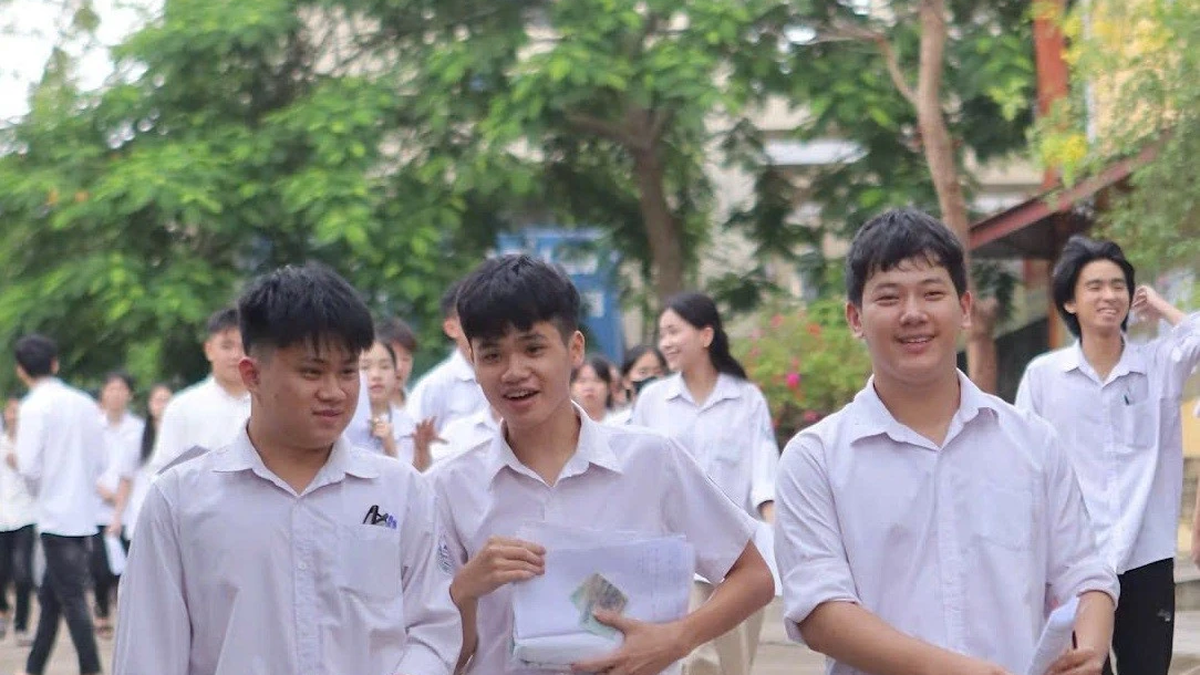

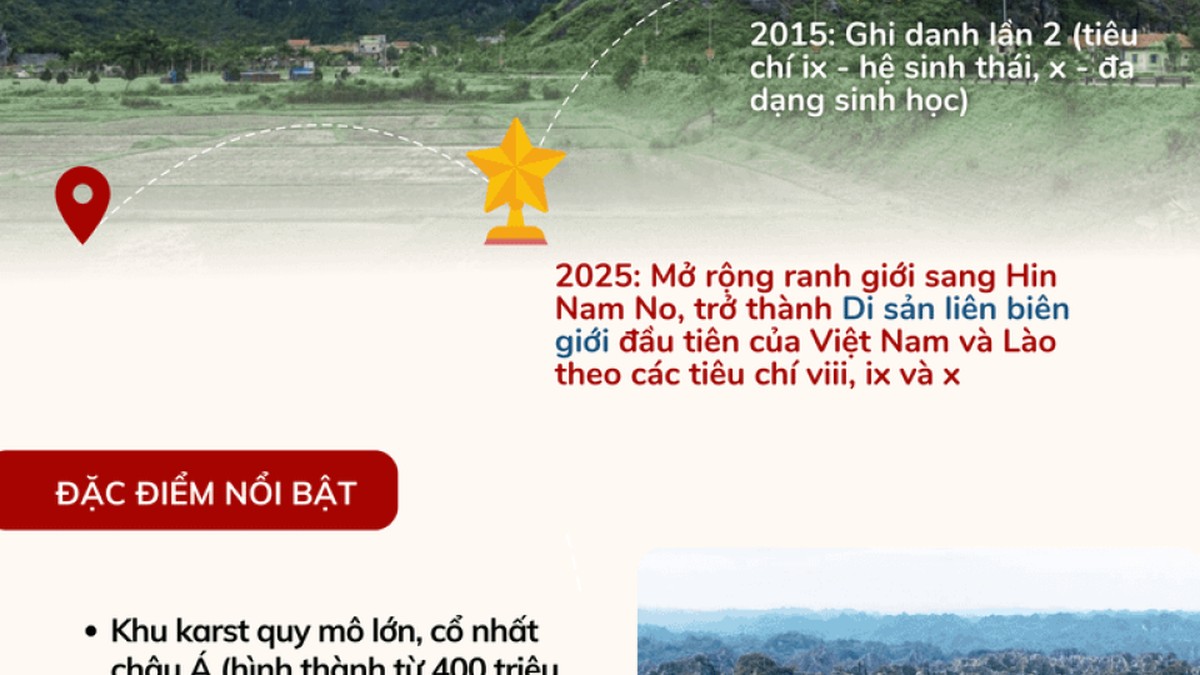

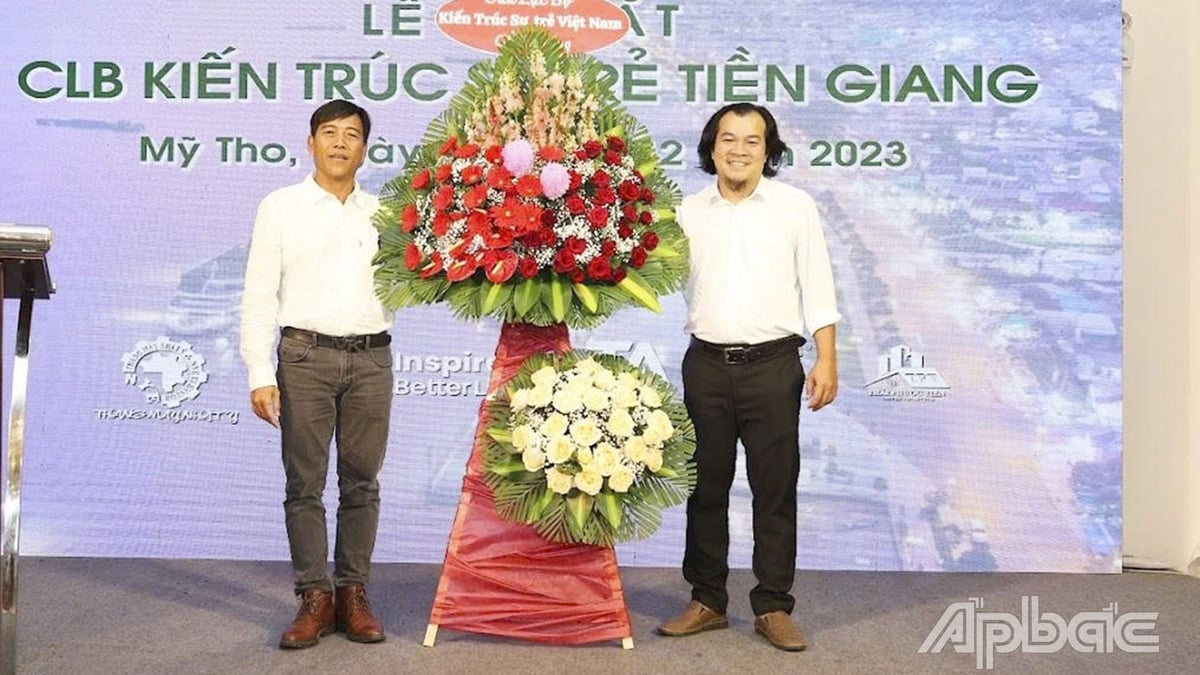

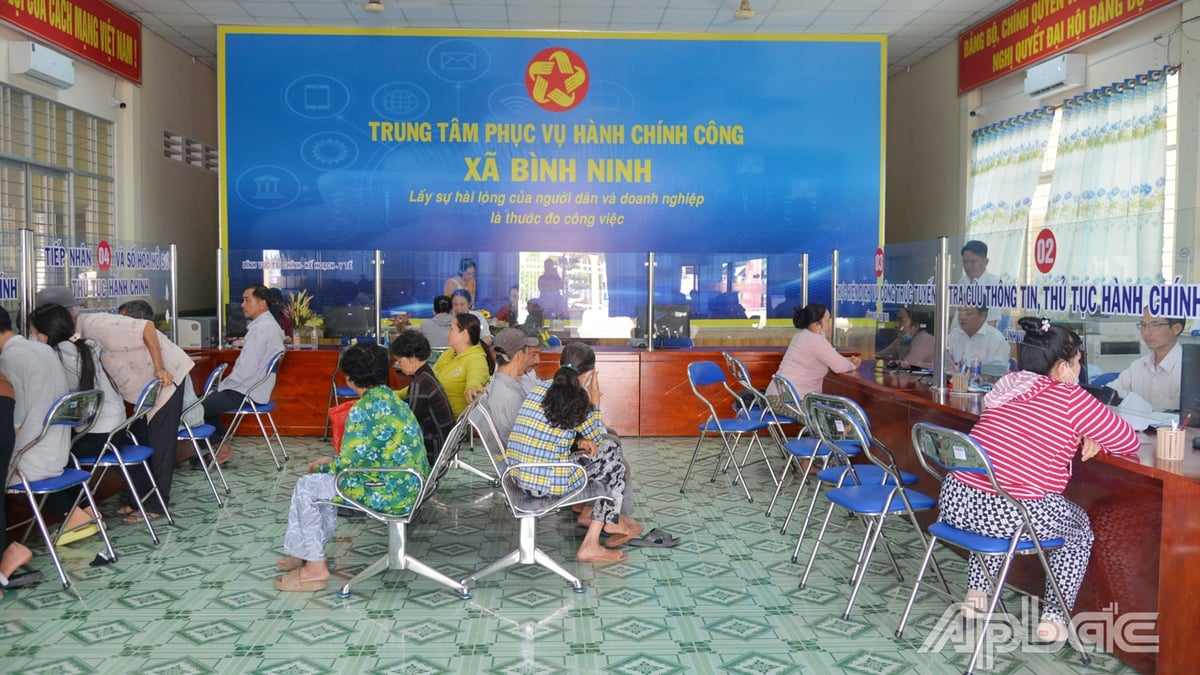























































































Comment (0)